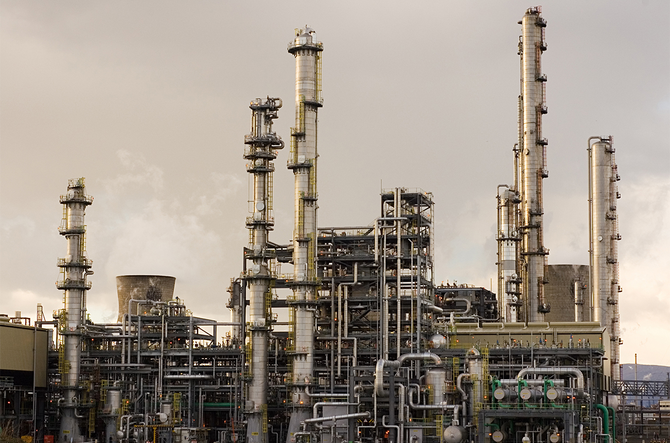RIYADH: The OPEC+ alliance has agreed to increase oil production by 547,000 barrels per day in September, citing improved global economic prospects and stable market fundamentals.
In a statement issued on Sunday, the group emphasized its continued flexibility, noting that the gradual phase-out of voluntary production cuts could be paused or reversed depending on evolving market conditions.
This approach, it said, ensures the alliance’s ability to respond swiftly and maintain balance in global oil markets.
The decision marks the final stage of a phased reversal of the 2.2 million bpd voluntary production cuts implemented by eight OPEC+ members in 2023, a move initially aimed at stabilizing prices amid economic uncertainty.
“The eight OPEC+ countries also noted that this measure will provide an opportunity for the participating countries to accelerate their compensation,” the statement read.
The producers also reaffirmed their commitment to full compliance with the group’s Declaration of Cooperation, and said that the Joint Ministerial Monitoring Committee would continue to supervise the voluntary adjustments, as agreed during its 53rd meeting on April 3, 2024.
The alliance had earlier approved smaller monthly increases—138,000 bpd in April, and 411,000 bpd each for May, June and July. In July, it announced a larger-than-expected increase of 548,000 bpd for August.
The latest hike will bring Saudi Arabia’s output to 9.97 million barrels per day in September. Russia is set to produce 9.44 million bpd, Iraq 4.22 million, and the UAE 3.37 million. Production levels for Kuwait, Kazakhstan, Algeria, and Oman are projected at 2.54 million, 1.55 million, 959,000 and 801,000 bpd, respectively.
OPEC+ also said it would continue holding monthly meetings to review market conditions, compliance, and compensation, with the next gathering scheduled for Sept. 7.
In a speech at the St. Petersburg International Economic Forum in June, Saudi Energy Minister Prince Abdulaziz bin Salman described OPEC+ as the “central bank” of the global oil market, highlighting the alliance’s stabilizing role amid ongoing economic volatility.




















